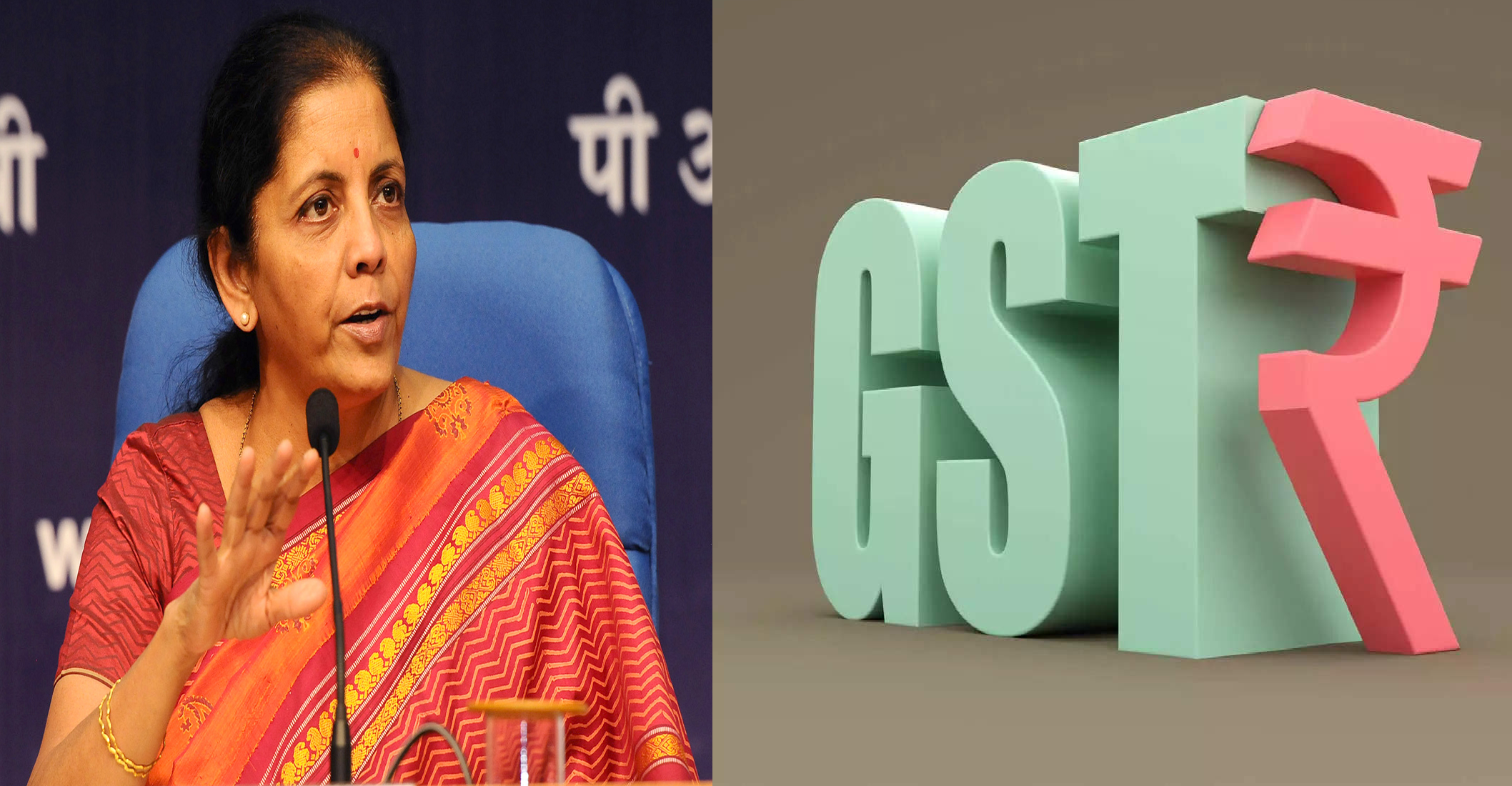New GST Rule: The Goods and Services Tax (GST) Council is preparing to bring a new law. Under this new law, if a company or businessman has claimed more Input Tax Credit (ITC), then he will have to explain the reason for this or deposit the excess amount in the government treasury.
ITC returned with interest
Sources said the law committee comprising tax officers from the Center and states is of the view that where the ITC claimed in GSTR-3B return exceeds a certain threshold from the amount reported in GSTR-B generated, the registered person should be liable to pay tax through the portal. This information should be given through Along with this, he should be directed to explain the reason for this difference or return the excess ITC with interest.
On which amount the provision will be applicable
The committee has suggested that if the difference is more than 20 percent and the amount is more than Rs 25 lakh, then this provision should be applicable.
The meeting will be held on July 11.
A final decision can be taken on the recommendations of the committee in the 50th meeting of the GST Council to be held on July 11. Currently, businesses use the tax paid by their suppliers to settle their GST liability in GSTR-3B.
GST Network generates Form GSTR-2B, which is a generated document. This shows the availability or non-availability of ITC in each document submitted by the suppliers. Sources said the Law Committee is of the view that a registered person should not be allowed to file monthly statement of outward supplies or GSTR-1 unless he has satisfied the tax authority about the discrepancy or has not refunded the excess ITC claimed.
Fake GST to be stopped
GST authorities last month took steps to check similar tax evasion in cases of difference in tax liability declared in GSTR-1 and tax paid in GSTR-3B. The purpose of this step is to curb the cases of fake invoices. Fraudsters usually use this route to avail ITC wrongfully without actual supply of goods or services.
2-month campaign launched
GST officials have launched a two-month special campaign to detect fake registrations under GST. Such registrations are done for the purpose of issuing fake bills or invoices and defrauding the government.
1.01 lakh crore GST evasion
The Directorate General of GST Intelligence (DGGI) has detected GST evasion of more than Rs 1.01 lakh crore in the financial year 2022-23, which is double the figure compared to the previous year. Of these, 14,000 cases have been registered by the authorities.
